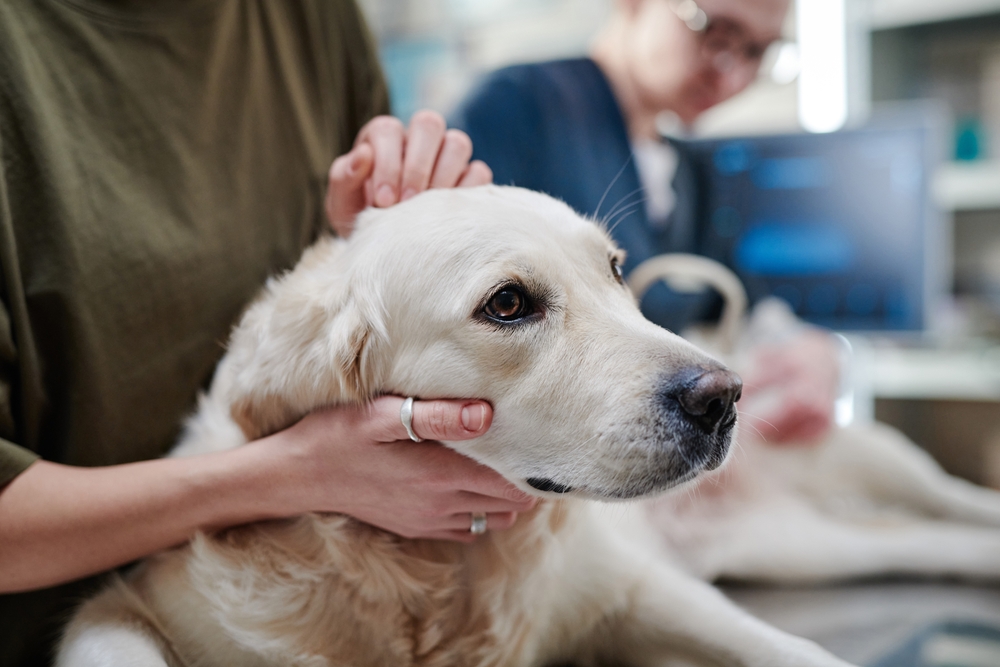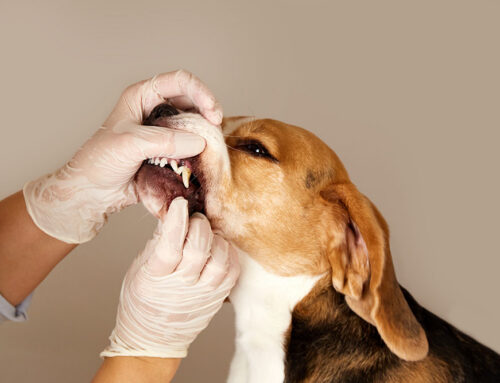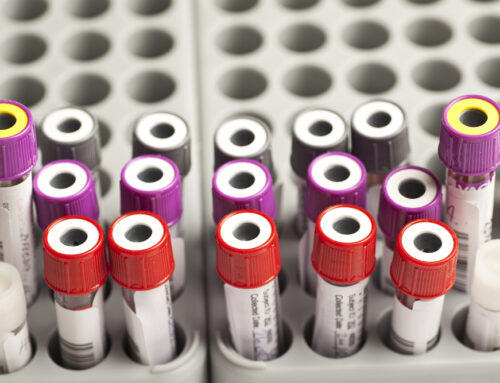Did you know that 1 in 4 dogs will develop cancer at some point in their lives? While this statistic is alarming, early detection can make a world of difference. At Peak City Veterinary Hospital in Apex, North Carolina, we are committed to providing expert care and helping you recognize the early warning signs of cancer in your pet. Here’s what you need to know about pet cancer symptoms, causes, and treatment options, and how our dedicated team is here to support you.
What Is Cancer in Pets?
Cancer is caused by uncontrolled cell growth that interferes with normal body function. Pets, just like humans, can develop various cancers, including lymphoma, mast cell tumors, and osteosarcoma. But by being vigilant and recognizing early signs, we can act fast.
Symptoms of Cancer in Pets: What to Look For
Being aware of the symptoms can save your pet’s life. Common signs include:
- Lumps or swellings that persist or grow
- Wounds that don’t heal
- Unexplained weight loss
- Loss of appetite
- Bleeding or unusual discharge
- Foul odors
- Difficulty eating or swallowing
- Lack of energy or lameness
Regular checkups can catch these issues early. Our Preventative Care Program ensures we spot problems before they become severe.
Why Does Cancer Happen in Pets?
Cancer can develop due to genetic factors, exposure to carcinogens, or environmental influences. Some breeds, such as Golden Retrievers and Boxers, may be at a higher risk. Keeping up with breed-specific healthcare is essential to lower risks.
How Can Your Veterinarian Help?
At Peak City Veterinary Hospital, our skilled team uses advanced diagnostics to detect cancer early. We create a personalized plan to treat your pet. Learn more about our Veterinary Surgery services.
For more information, check out the AVMA or the Veterinary Cancer Society for trusted resources.
What Are Treatment Options for Pet Cancer?
Cancer treatment is highly individualized, but common options include:
- Surgery: Removing tumors when possible
- Chemotherapy: Targeting cancer cells
- Radiation therapy: Using high-energy waves to destroy cancerous tissue
Recovery time depends on your pet’s overall health and the treatment type. However, proper nutrition, rest, and follow-up care play critical roles in recovery.
Can Cancer Be Prevented?
While not all cancers can be avoided, there are steps you can take:
- Feed a balanced diet rich in antioxidants
- Schedule regular checkups with us to monitor your pet’s health
- Reduce exposure to harmful chemicals like tobacco smoke
How to Support a Pet with Cancer

Receiving a cancer diagnosis for your pet can be overwhelming, but there are many ways you can support your pet physically, emotionally, and through a strong relationship with your veterinarian. Here are some tips:
- Prioritize Comfort and Quality of Life: Work with your veterinarian to develop a plan that ensures your pet’s comfort at each stage. Pain management, dietary adjustments, and gentle exercise are just a few ways to keep them comfortable. Remember, maintaining a good quality of life is the primary goal.
- Manage Nutritional Needs: Cancer and cancer treatments can affect your pet’s appetite and energy levels. Your vet may suggest a specific diet to support their immune system and overall health. High-quality, nutrient-dense foods can make a big difference, and many pets respond well to diets rich in antioxidants and omega-3 fatty acids, which can help reduce inflammation.
- Maintain a Positive, Calm Environment: Pets can pick up on our emotions, so staying calm and maintaining a routine can help them feel safe. Provide a cozy resting space and avoid loud noises or stressful situations as much as possible. Some pets find comfort in soft music or spending more time with their family members.
- Ensure Emotional Well-being: Like people, pets can feel anxious or depressed. Engaging in gentle play, offering favorite toys, and spending extra quality time with them can help. If your pet is comfortable, short daily walks or time in the sunshine can boost their mood and reduce anxiety.
- Plan for Regular Check-ins with Your Vet: Regular follow-ups are crucial to monitor your pet’s response to treatment and adjust care as needed. At Peak City Veterinary Hospital, we’re here to guide you through every step, from managing symptoms to offering support with palliative care, should it be necessary.
Supporting a pet with cancer is challenging, but by creating a nurturing and peaceful environment, you’re helping them face this journey with strength and comfort. Peak City Veterinary Hospital is dedicated to walking alongside you, every step of the way.
By recognizing the early signs of cancer and seeking timely veterinary care, you give your pet the best chance at a healthy life. If you have concerns or need to schedule a checkup, contact Peak City Veterinary Hospital today.Request an Appointment and let’s work together for your pet’s health and happiness!
Don’t wait! If your pet is showing any of the symptoms mentioned above or if it’s time for their annual checkup, reach out to us. Visit Peak City Veterinary Hospital or schedule an appointment to ensure your pet stays in great health.









Leave A Comment